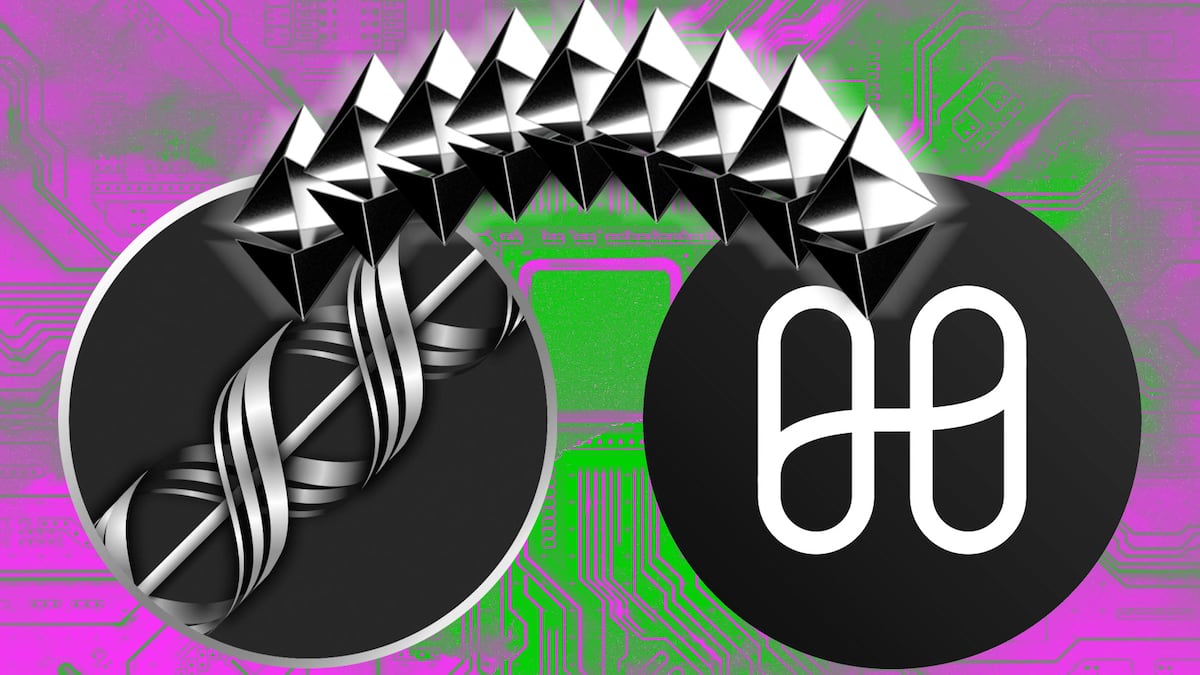- The Railgun community recently sent $365,000 in Ether to support Harmony to aid the latter’s recovery of hacked bridge funds.
- Suspected North Korean hackers stole $100 million from Harmony’s bridge protocol last year.
- The decentralised and automated manner of the donation was particularly noteworthy.
The Railgun DAO community sent Ether worth over $365,000 to layer 1 blockchain Harmony Protocol on October 11 in a “gesture of goodwill” geared towards aiding Harmony’s recovery for its Horizon bridge. The bridge suffered a $100 million hack last year at the hands of suspected North Korean hackers.
This devastating hack, as well as reports of mismanagement by Harmony’s top hierarchy, has since dampened the promise of the once-high-flying project that controlled over $1 billion in investor funds at its peak last year. Harmony now only sits on $2.25 million, according to DefiLlama data.
While the donation is a notable case of philanthropy among crypto projects, Railgun proponents say the decentralised and automated manner in which the donation occurred is even more noteworthy.
Railgun is a DeFi privacy protocol managed by a decentralised community of the same name.
The road to the eventual donation began with a self-executing proposal submitted by an anonymous author to the Railgun governance. Self-executing proposals do not require DAO members with higher powers to execute them. Once the DAO votes, the smart contract code in the proposals immediately triggers the agreed-upon changes to the project’s codebase.
This self-executing proposal was possible because of the nature of Railgun’s governance which is itself a self-executing DAO.
“Railgun governance is decentralised and anyone can submit a proposal at any time,” Bill Liang, a Railgun community advocate told DL News. “All governance actions happen on-chain and are auditable.”
The anonymous author included all the nuts and bolts required for the proposal from submission to execution. This included the smart contracts to direct funds from the project’s treasury toward the donation. In all, the process took nine days from proposal to execution, a Railgun community twitter page said.
Risks and rewards of self-executing DAOs
Not all DAOs operate in the same manner. While members who own governance tokens can vote, only those who own a certain number of these tokens have the power to submit proposals. Furthermore, only the project’s core team or other third-party agents with administrative keys or special permissions are the ones who actually execute the changes contained in approved DAO proposals.
While self-executing DAOs push the boundaries of decentralised automation, they are not without significant risks. Bad actors can hack the voting process and introduce malicious codes to suit their nefarious purposes. Such incidents have happened in the past, including the infamous The DAO hack of 2016 and Beanstalk, an Ethereum-based stablecoin project exploited for $182 million in April 2022.
Given these risks, self-executing DAOs have circuit breakers in the form of post-voting audits and reviews, as well as special councils for emergency situations.
In Railgun’s case, the community is incentivised to audit all governance actions, Liang said.
“There are thousands of people checking the proposals every week and it would be functionally impossible to sneak such a proposal through,” Liang said.
Osato Avan-Nomayo is our Nigeria-based DeFi correspondent. He covers DeFi and tech. To share tips or information about stories, please contact him at osato@dlnews.com.


